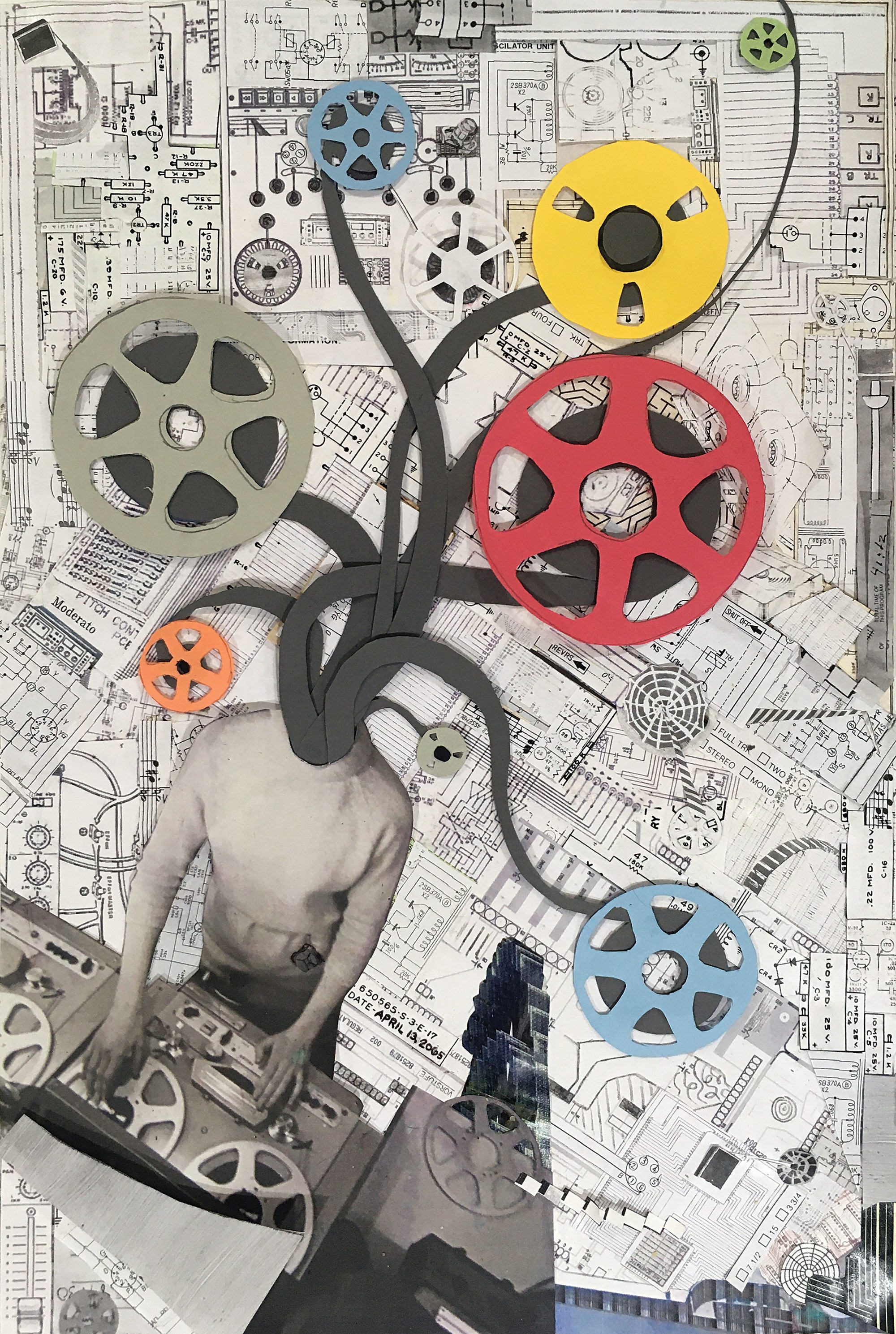Here’s a new affordable, CPU-friendly, and intuitive distortion and saturation plug-in available for both Windows and Mac environments. Fold is from US-based indie developers Delta Sound Labs, and features a wealth of wavefolding and saturation sound design options (ranging from bit-crushed destruction to subtle “analog” warmth) in a compact and unfussy interface. The audio signal path passes through six mixable sections or “modules,” each with its own tempo-synced or freely-moving LFOs. The LFOs each have sine, square, and saw waveshapes available, adding tons of complex modulation possibility. From left to right on the control panel, the signal path moves through six modules. First is a high-pass filter with resonance. Second is the Drive module, an analog-style amplitude-dependent distortion with a slider for soft vs. hard clip. Next is Fold, which does what it says “on the tin” by providing inverted wavefolding distortion. This is followed by Crush: A bit crusher ranging from subtle lo-fi effects to brutally squared-off Atari rips. And finally, there’s a low-pass filter section (also with resonance). Each of the modules can be disengaged or blended with the mix controls.
Fold is relatively low in its CPU consumption, so it’s very satisfying to play with the 1-16x oversampling controls to see how they interact with the various modules. Changing the oversampling multiplier impacts the overall tonal quality of the entire sum of the Fold effect, in most instances reducing aliasing effects as you increase the oversample rate, as well as adding a pleasant top-end diffusion at 4x and above. Oversampling seems to have the most significant impact on the Crush and Fold algorithms, with the lower rates resulting in a pleasing lo-fi tone. It’s super quick and easy to dial in the classic bit-crushing “Nintendo”-ish effects with Crush, as depth and rate are both scaled to a single control.
The sum of all modules passes through a dry/wet knob with stereo spread controls available. Cross-rhythmic, morphing interactions between each module’s LFO modulation are also easy to achieve with Fold. I had fun pairing the built-in modulation with some looping automation sweeps, giving me the right balance of character and chaos with certain mix elements like pads and percussion loops.
If given the opportunity to create a wish list of updates to Fold, I’d include a random LFO wave shape and the ability to modulate the high- and low-pass filter stages directly from the UI. Additionally, while the frequency and time displays are helpful, having the ability to slow or freeze the spectrum display could be beneficial. Wishlist aside, the price-to-performance ratio is excellent here, and Fold will find its way into my other productions and mix elements to destroy, gently enhance, or maybe just freak the eff out.




_disp_horizontal_bw.jpg)